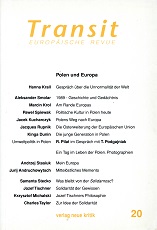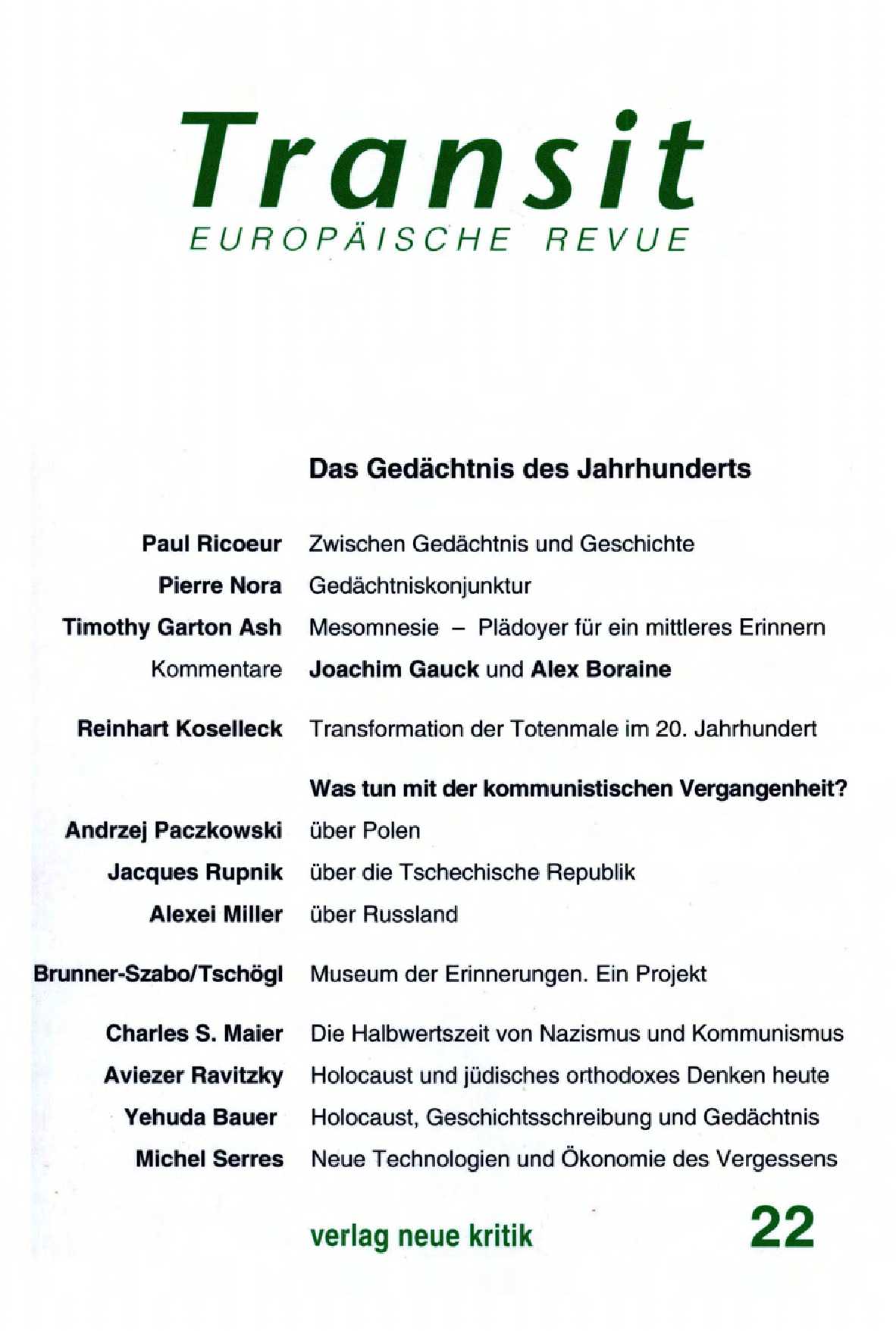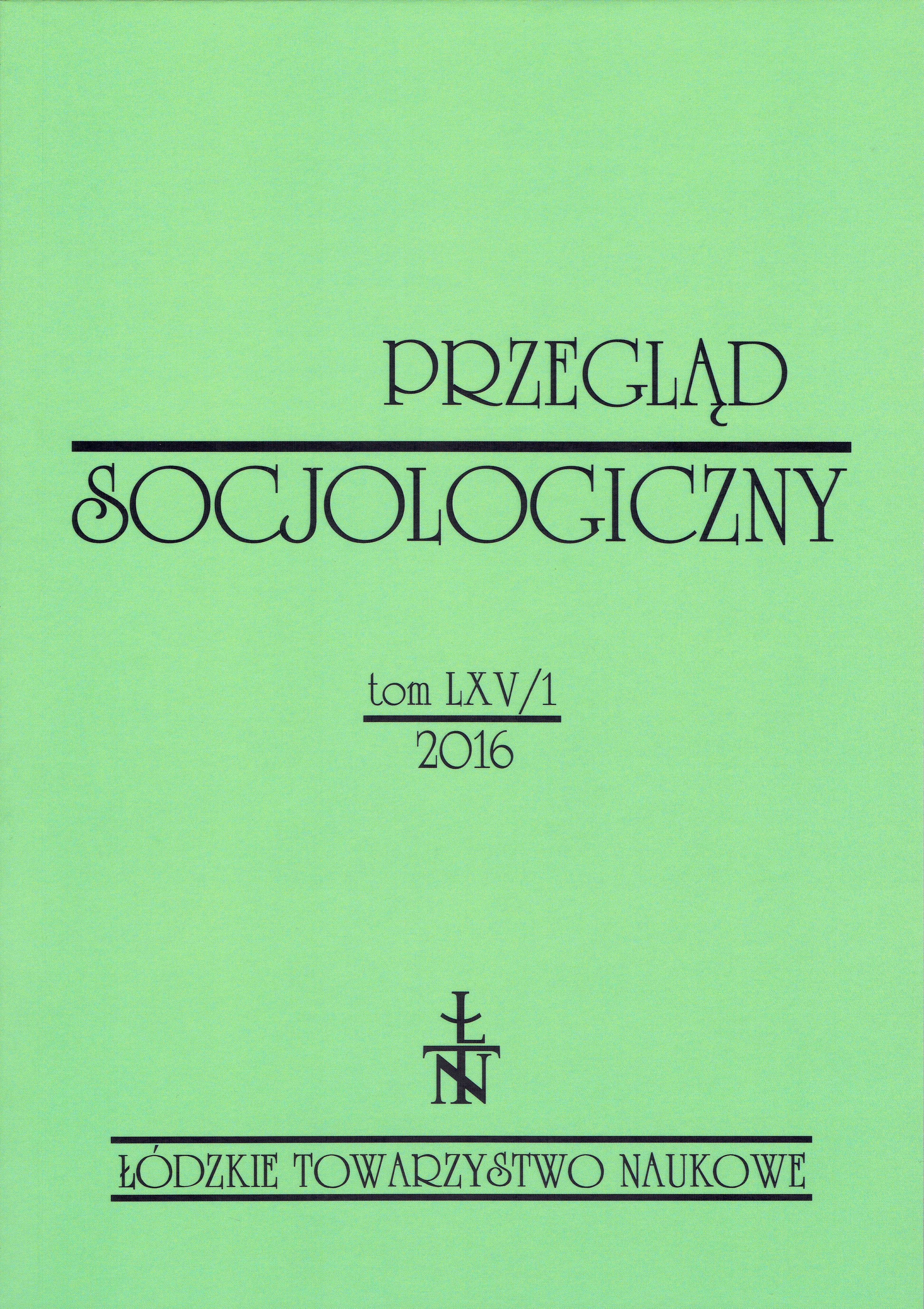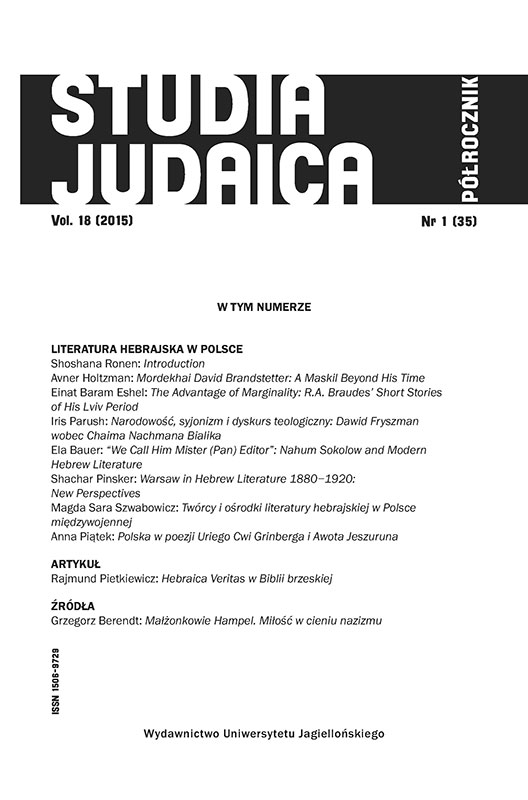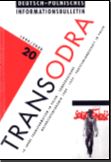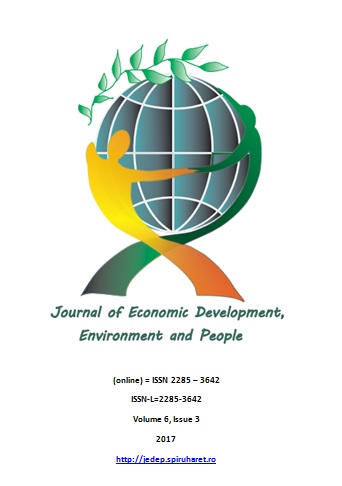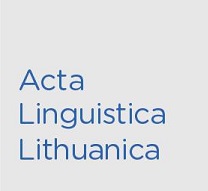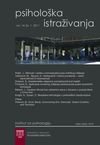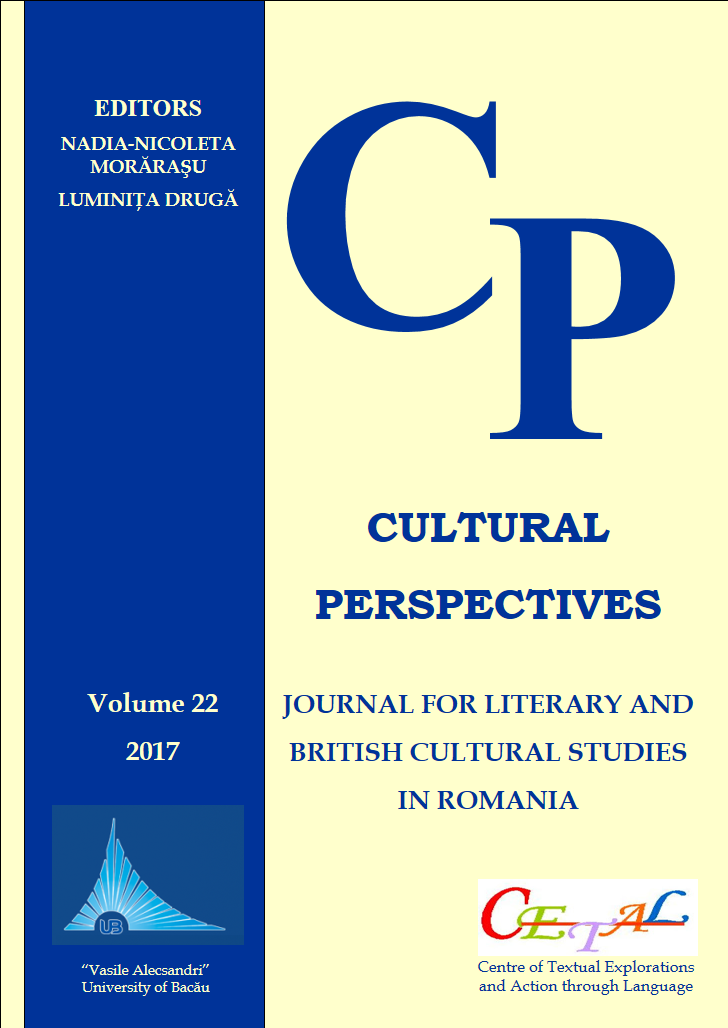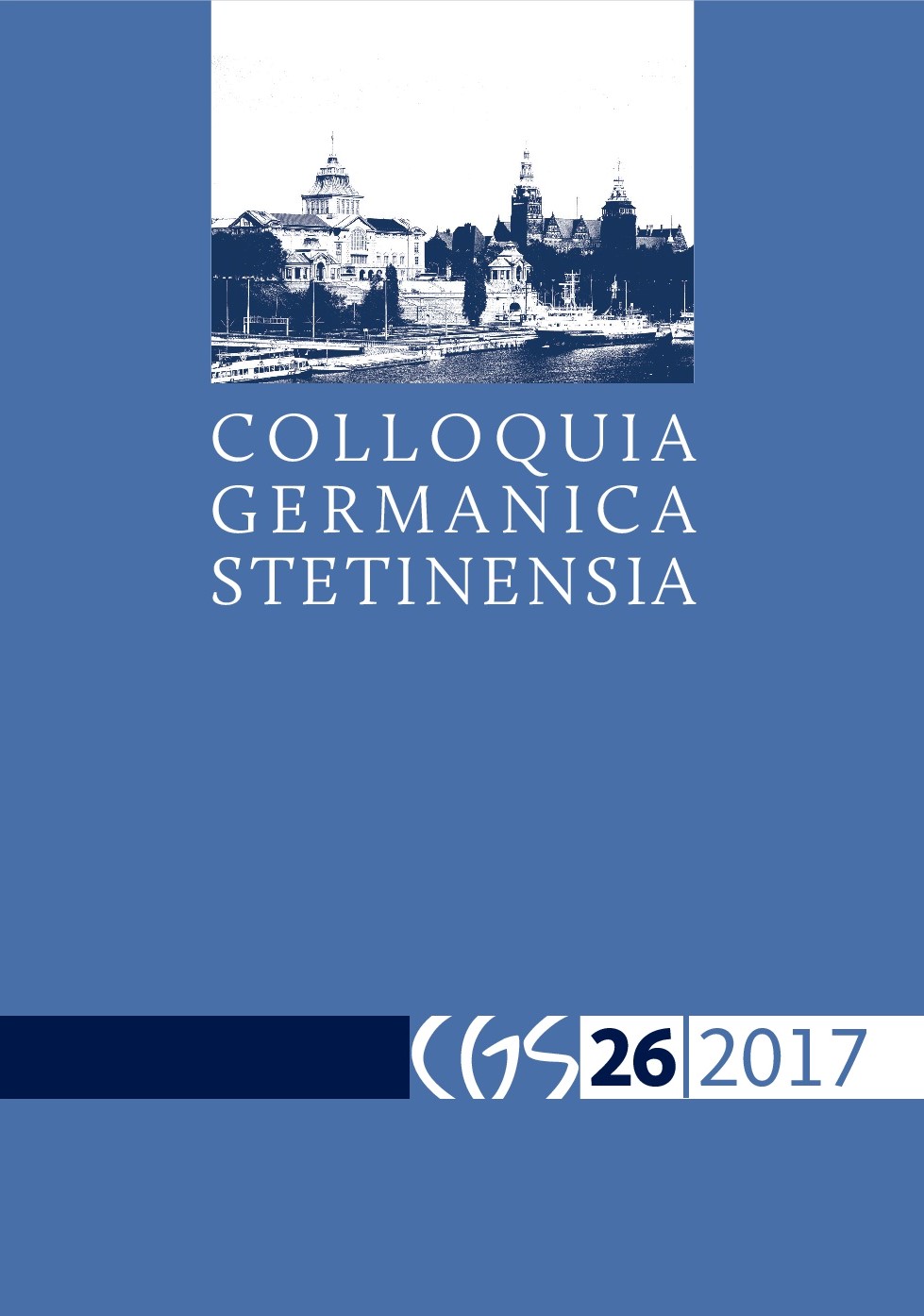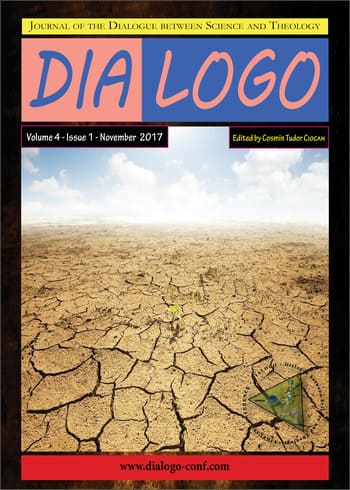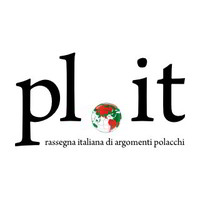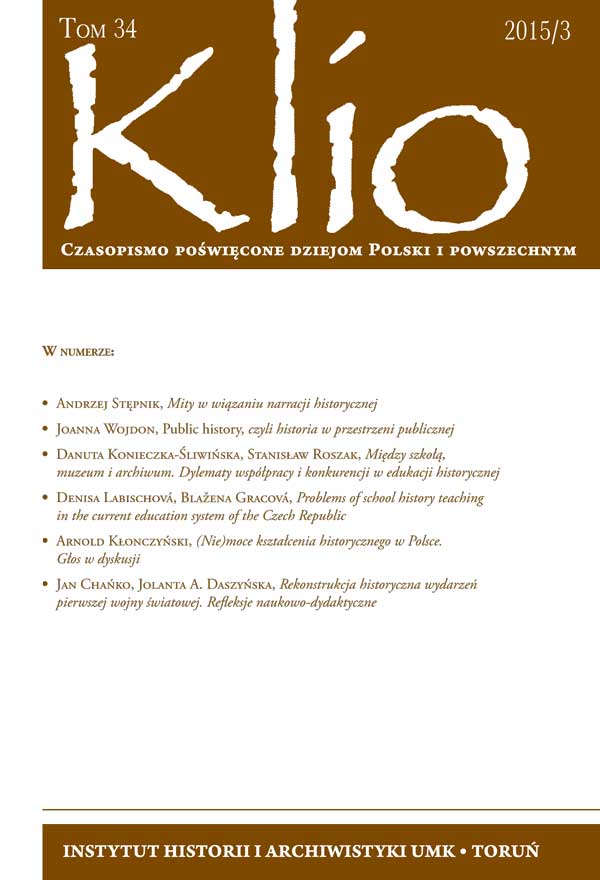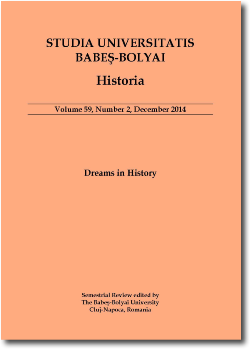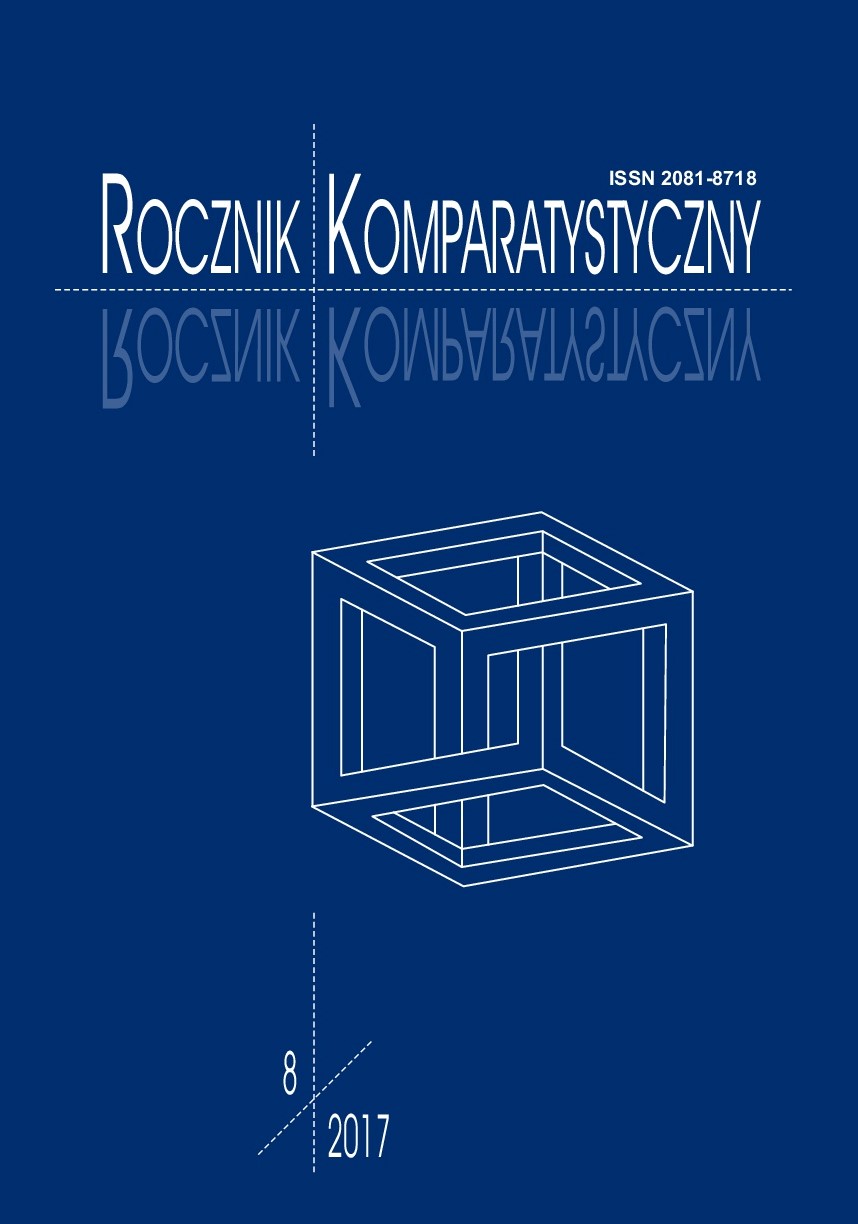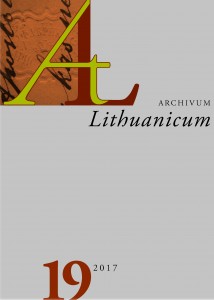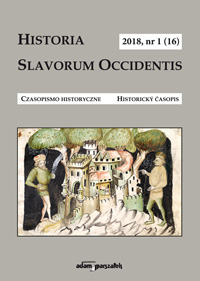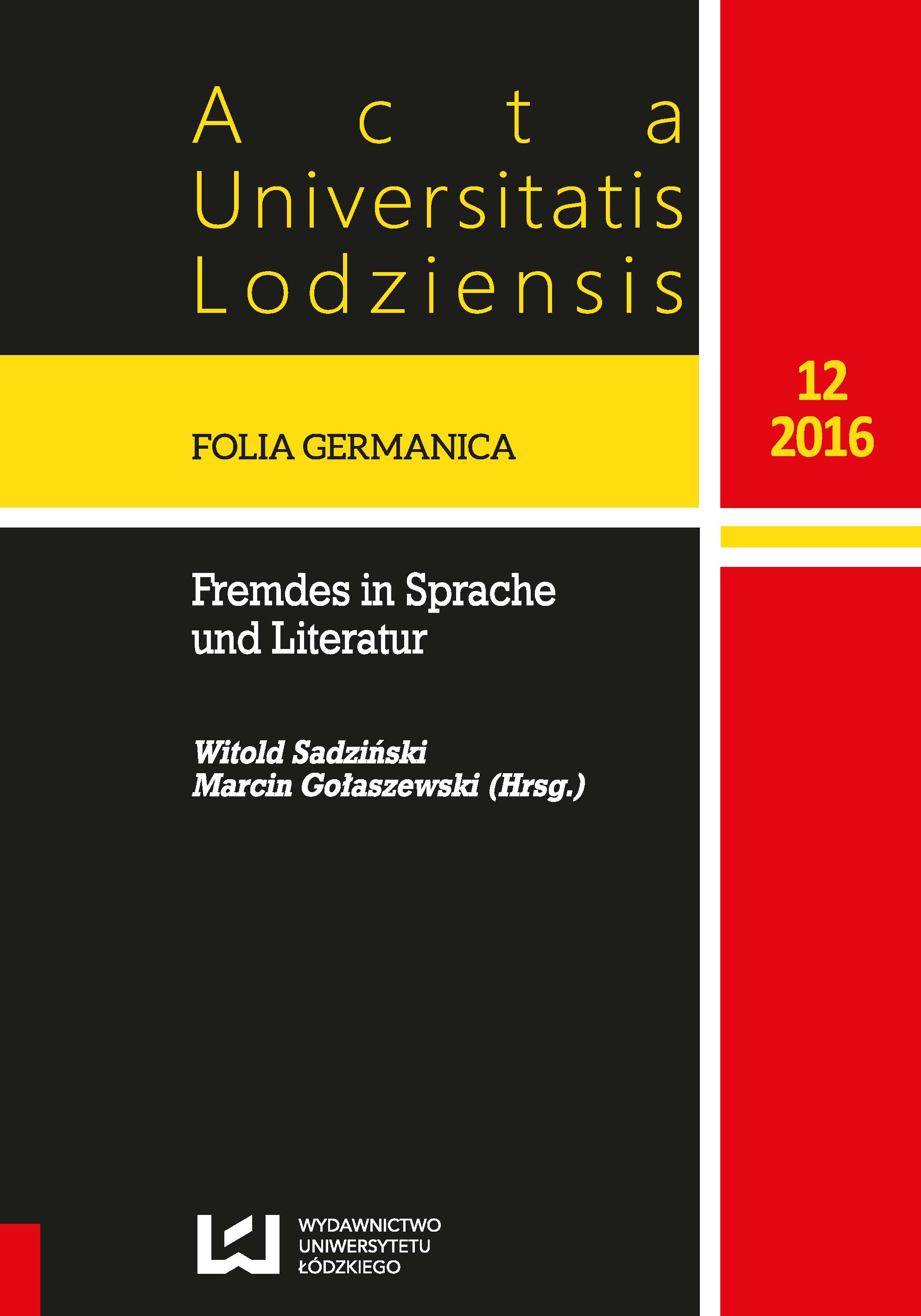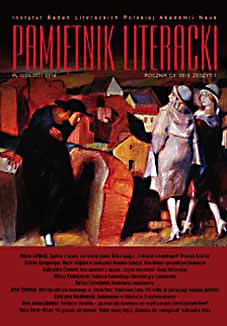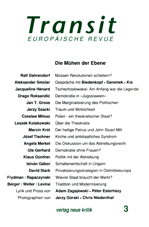
Strategies of Privatisation in ČSFR, Esat Germany, Poland and Hungary. A comparative View
Privatisierungsstrategien in der ČSFR, Ostdeutschland, Polen und Ungarn. Ein Vergleich
Keywords: Strategies of Privatisation ; ČSFR ; Esat Germany : Poland and Hungary; Privatisierungsstrategien ; Ostdeutschland; Polen ; Ungarn
Der vorliegende Beitrag untersucht die unterschiedlichen Privatisierungsstrategien in vier osteuropäischen Wirtschaftssystemen, die gegenwärtig den Übergang aus dem Staatssozialismus vollziehen: Tschechoslowakei, Ungarn, Polen und die ehemalige DDR. Ich möchte ein analytisches Modell einführen, das die besonderen Merkmale der in diesen vier Fällen gewählten Privatisierungsstrategien aufzeigen soll, wobei es mir nicht um ein allgemeines Modell der Privatisierung geht, vor dessen Hintergrund sich die behandelten Wirtschaften nur graduell unterscheiden würden, sondern um einen Rahmen zu komparativen Zwecken Welche Faktoren bieten sich für einen Vergleich dieser vier Fälle an? Ich schlage ein dreidimensionales Kategoriensystem vor, das folgende wesentliche Aspekte der osteuropäischen Privatisierungsprogramme erfaßt: 1. Wie wird der Wert der Staatsunternehmen ermittelt? 2. Wer kann Anteile an diesen Firmen erwerben? 3. Aus welchen Ressourcen werden die Anteile envorben?
More...
